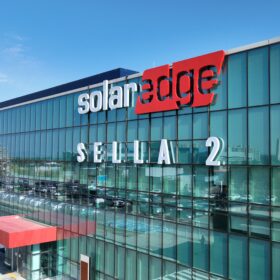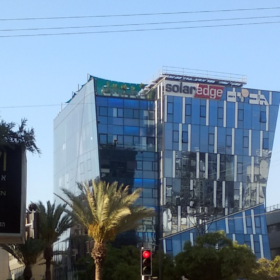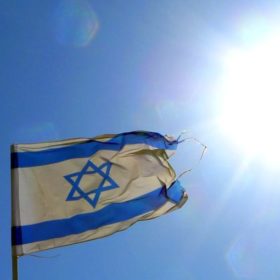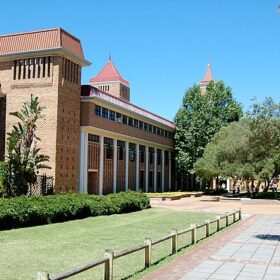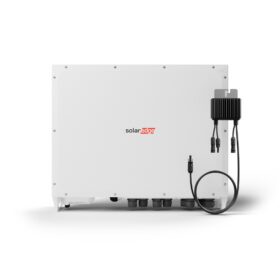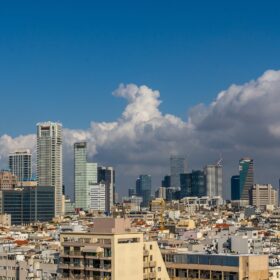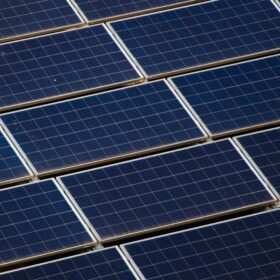SolarEdge announces closure of its energy storage division
SolarEdge will shutter its energy storage unit and manufacturing, cutting 500 jobs.
Israel plans 2,000 m2 PV project in occupied Palestinian territories
Israel plans to bild a 2,000-square-meter solar PV project in the occupied Palestinian territories and has directed civilian authorities in the West Bank to identify suitable land and launch a tender within a year. The project may also include energy storage options.
SolarEdge posts $1.21 billion net loss in Q3
SolarEdge reported $260.9 million in revenue for the third quarter of 2024, down from $725.3 million in the same quarter last year. The Israeli manufacturer also posted an operating loss of more than $1 billion, with 850 MW of inverters and 189 MWh of batteries shipped for PV applications.
Can Israeli PV tenders preserve competition in a concentrated market?
Researchers have studied Israel’s clearing price method for PV tenders and raised concerns about its potential for long-term dominance. They examined how power abuse and technological inefficiencies lead to market inefficiencies, concluding that a duopoly best suits the Israeli market.
University of the Western Cape launches 4 MW solar, storage tender
South Africa’s University of the Western Cape (UWC) has opened a 4 MW solar and storage tender, with proposals to include a PV carport system and an online monitoring and management platform. The tender follows a build, operate, and transfer model for up to 20 years.
SolarEdge unveils inverters for smaller solar projects
Israel-based inverter maker SolarEdge has unveiled its new TerraMax Inverter, which boasts 99% efficiency and enables 200% DC oversizing. It features an integrated night-time PID rectifier and is paired with the company’s H1300 Power Optimizers.
EDF Renewables wins tender for largest PV plant in Israel
EDF Renewables says it has won a tender to build and operate Israel’s largest PV plant, a 300 MW project near Dimona, with a bid under $0.019/kWh – the lowest price ever in the Israeli market.
Israel presents 2050 net-zero roadmap envisaging up to 77% solar share
The Israeli Ministry of Energy and Infrastructure has presented three scenarios for its 2050 green goals, changing in accordance with developments in solar, hydrogen, and nuclear power production. In the most solar-focused scenario, the country would have a PV capacity of 108 GW.
Israel mandates rooftop solar on new big buildings, targets 3.5 GW by 2040
The Israeli authorities have introduced new regulations requiring rooftop PV on new large buildings, with plans to install 3.5 GW by 2040. The minimum production capacity has been set at 5 kW.
Israel’s N2OFF enters solar business
Agri-food tech specialist N2OFF says it has entered the PV business by lending €375,000 ($407,000) to Israeli PV developer Solterra Renewable Energy. The loan is part of a larger €500,000 agreement, with the remaining €125,000 to come from other parties.
